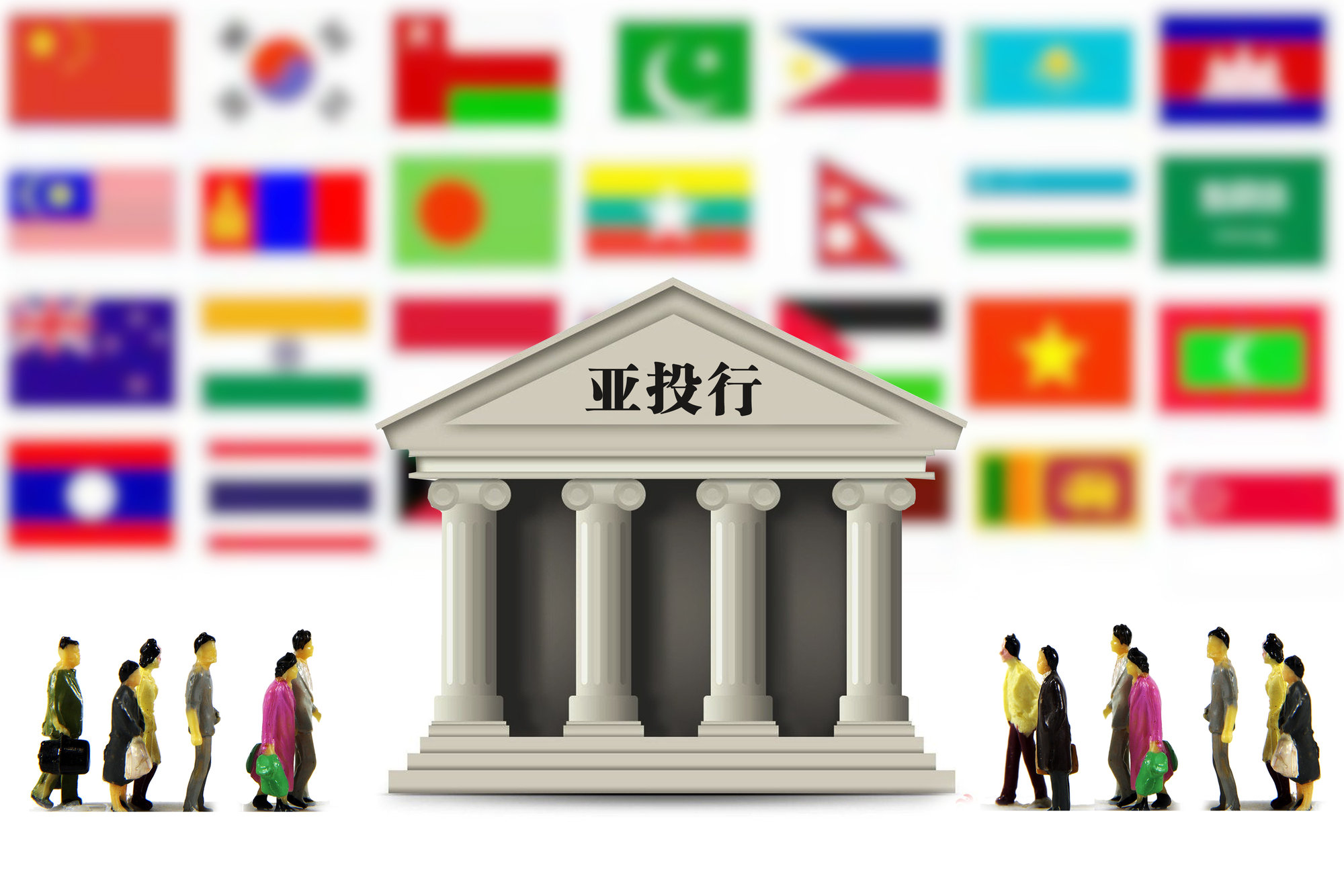American exceptionalism and the AIIB debacle
- By Dan Steinbock
 0 Comment(s)
0 Comment(s) Print
Print E-mail China.org.cn, April 16, 2015
E-mail China.org.cn, April 16, 2015
|
|
By April 15, 2015, 57 countries had joined and became prospective founding members (PFMs) of the Asian Infrastructure Investment Bank (AIIB), China's Ministry of Finance said on Wednesday.
Unlike its adversaries and allies, the United States had expressed no immediate intention to participate.
That is a serious, but not entirely unexpected mistake. It is a reflection, not the cause, of a deeper challenge – that of adjusting American exceptionalism into the era of multipolar world economy.
Chinese AIIB, American opposition
Put forward by Chinese leaders in October 2013, the proposal for the Asian Infrastructure Investment Bank (AIIB) originated from frustration. For years, China, along with other large emerging economies, had grown exasperated with the slow pace of reforms in the international multilateral financial institutions, such as the International Monetary Fund (IMF), the World Bank, and the Asian Development Bank (ADB).
In the advanced economies, these institutions are seen as international. In the emerging world, they are perceived as dominated by American, European and Japanese interests, as reflected by their voting quotas, investment allocations and the nationality of their leaders.
In June 2014, China proposed doubling the registered capital of the bank from $50 billion to $100 billion, with half from Beijing and the rest from the other founding members. In an important strategic move, China invited India to participate in the founding of the bank.
Despite pressure, U.S. allies in Southeast Asia, including Vietnam and the Philippines, joined the AIIB. Following India’s footprints, so did the rest of the South Asian economies, even Australia and New Zealand. In East Asia, South Korea joined in but Japan remains split between its security alliance with the U.S. and trade with China. These moves, though frustrating in Washington, were not entirely unexpected.
What changed the game was the UK’s participation, as the “first major Western country.” Obviously, London expects the AIIB membership to facilitate the City’s aspiration to become the base for the first clearinghouse for the yuan outside Asia. In the U.S., the UK announcement triggered a riled response from the Obama Administration. After Britain, other EU core economies – Germany, France, and Italy – followed in the footprints, along with the Nordics, even Washington’s prime ally, Israel.
But why did Washington object to the AIIB, in the first place?
Recently, former Secretary of State Madeleine Albright said that the U.S. decision not to seek AIIB membership was a “miscalculation.” In this scenario, Washington has nothing against supporting other Chinese economic initiatives internationally. But that has not always been the case.
When the BRICS nations began to launch their development bank, the White House saw it as potential threat to the existing multilateral organizations. Also, through the Obama era, the administration has pushed for the Trans-Pacific Partnership (TPP), which excludes China, while rejecting regional free trade plan, which was introduced in Washington and includes both the U.S. and China. Finally, as momentum has been building for Chinese yuan to gain reserve-currency status, the Obama administration has threatened to upend Beijing’s efforts.
When the UK announced its AIIB membership, a U.S. administration official said: “We are wary about a trend toward constant accommodation of China, which is not the best way to engage a rising power.” That creates an impression that the administration’s preferred strategy is containment (which it has denied). Be that as it may, the Obama administration is remarkably alone in its endeavor, not unlike President George W. Bush amid the U.S.-led invasion of Iraq in March 2003.
Unlike the U.S., America’s closest allies have no ability or willingness for global primacy, however. After all, U.S. security doctrines tend to contend that no Eurasian challengers should emerge capable of dominating Eurasia. As Zbigniew Brzezinski argued in The Grand Chessboard (1997), “a non-Eurasian power is preeminent in Eurasia – and America’s global primacy is directly dependent on how long and how effectively its preponderance on the Eurasian continent is sustained.”
In this view, the world has room for only one ‘hegemon.’







Go to Forum >>0 Comment(s)